One of the most read and quoted Persian poets of the 13th century, Mevlâna Mohammad Jalal al-dîn Rumi, known as Rumi was a savant and mystic. Born in Balkh region, today’s Afghanistan (1207-1273), he and his family moved to Konya, Turkey after the Mongol conquest. Soon after his settlement in Konya, mystics, and Sufi dervishes gathered around him to benefit from his spiritual and intellectual knowledge. The spiritual life was embedded in the daily material life of the dervishes. Their gatherings were accompanied by spiritual music and dancing. It is during this period he is called “ Mevlâna” – meaning …
Category: Culture
“Hateful to me as the gates of Hades is that man who hides one thing in his heart and speaks another” wrote Homer in his timeless epic Iliad, which is considered as a pillar of ancient Greek literature. This outstanding masterpiece, presumed to be written around 700-800 BC, is set during the Trojan War, the ten year siege of Troy by the allied Greek kingdoms under the rule of Agamemnon. The myth begins with the beauty contest between Aphrodite, Athena and Hera. Aphrodite promises the jurist, Paris that should he elect her as the winner of the contest, then he …
It is necessary, for the sake of the forward march of the human race, that there should be proud lessons of courage. The legendary French writer and poet Victor Hugo (1802-1885), in his eternal book Les Misérables, portrays the nature of hesitation and indecision likening to a cat’s pause : Everyone has noticed the taste which cats have for pausing and lounging between the two leaves of a half-shut door. Who is there who has not said to a cat : ‘Do come in !’ There are men who, when an incident stands half-open before them, have the …
Laughter is the closest distance between two people. –Victor Hugo “The sound of laughter is universal” state linguists and psychologists. Humans are born with the instinct of laughter. It’s part of the social contract. When one laughs, the other gets the urge to laugh too. Having asked the question “what makes people laugh ? ”, the philosophers of ancient Greece said that one laughs at his own past self, as well as at the sense of superiority they felt over others in the face of adversities and in unexpected situations. Nietzsche argued that laughter is simply a reaction to …
Once upon a time, a king had three daughters. The beauty of the youngest, Psyche, ψυχή was beyond description. The fame of her beauty was spread all around that people from other countries would come to see her, and were fascinated by what they saw. In her praise, they sang odes to her and surrendered her with chaplets. So much so that even the altars of Venus were abandoned. Offended by the growing exaltation of a young mortal, Venus exclaimed : “ She shall not seize my divine honors for I will give her cause to repent of …
We are witnessing a real revolution in thought, in the hierarchy of moral values, in ethos ! …
As the legend goes, life began with the sound of Gabriel's wings which were wide enough to cover the world. …
Avicenna, the polymath renowned with ancient wisdom of medicine, Greek philosophy and mystical Islam, a man of sacred knowledge and curing methods …
Boris Cyrulnik articulates that human evolution takes place only in crises. "When the epidemic is over, we will see that we will have dusted off old values that will help us to develop a new way of living together. There will be profound changes, this is the rule." …
“Where the spirit does not work with the hand, there is no art.” The great Renaissance polymath Leonardo da Vinci (1452-1519) –timeless artist, engineer, architect, mathematician, and scientist, with profound knowledge in science from anatomy and optics to physics to light –is commemorated at the Louvre Museum, Paris for the fifth centenary of his death. In his quest to understand the relation between the physical and the metaphysical, he spent a lifetime studying the human being and its place in the universe. His extraordinary creativity, endless genius, and artistic talents arching far beyond the perceptual and scientific realities of …



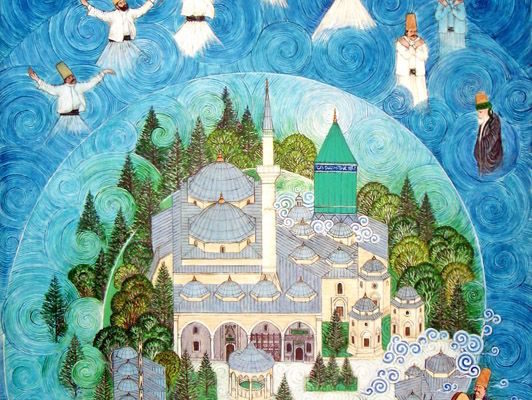
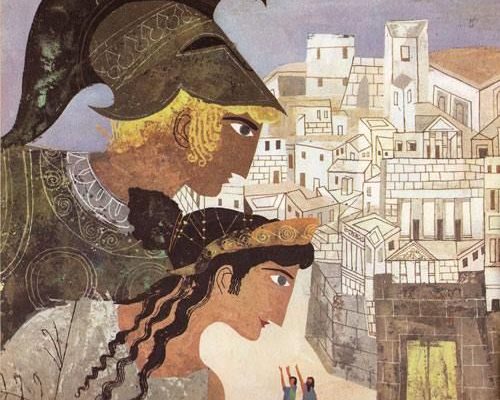

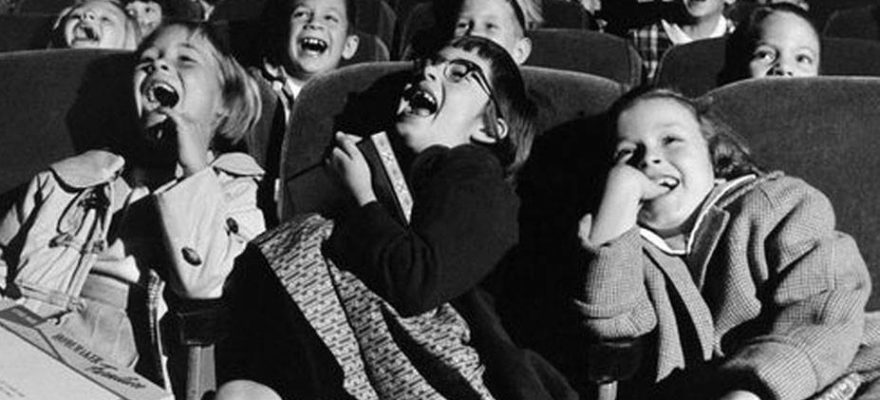
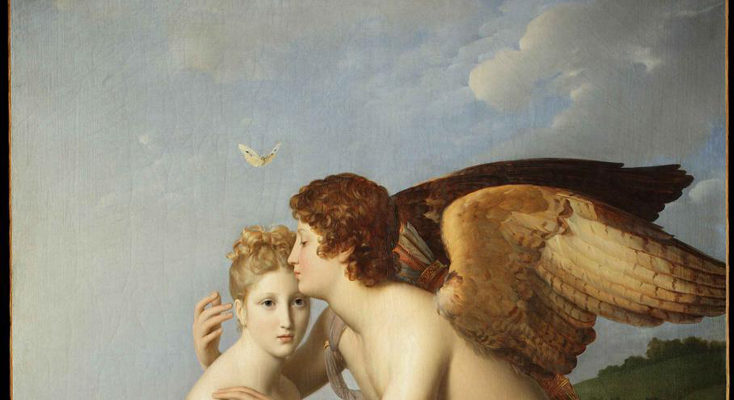
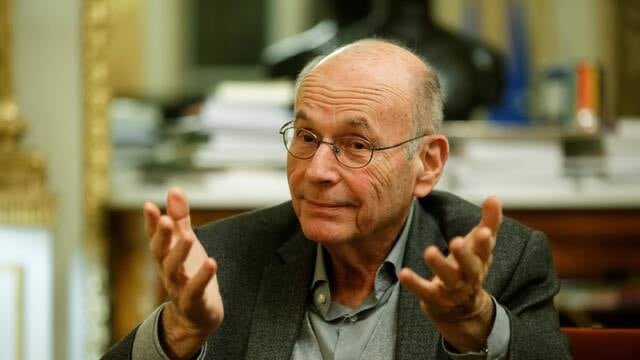
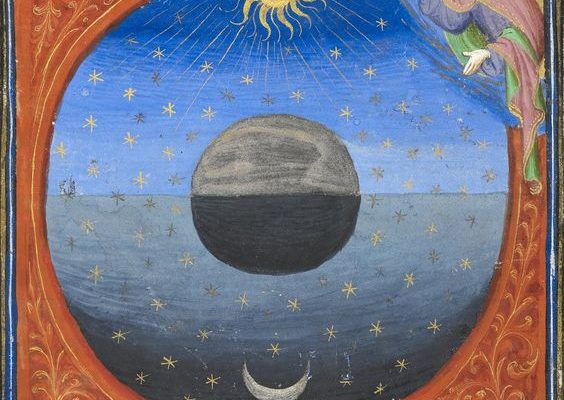
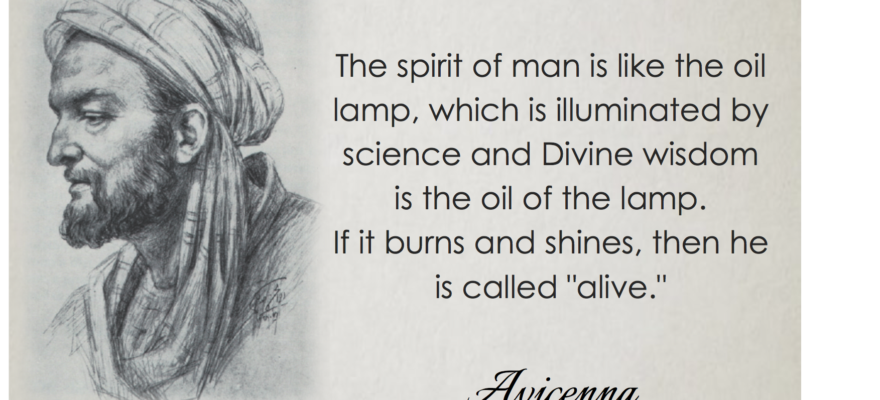
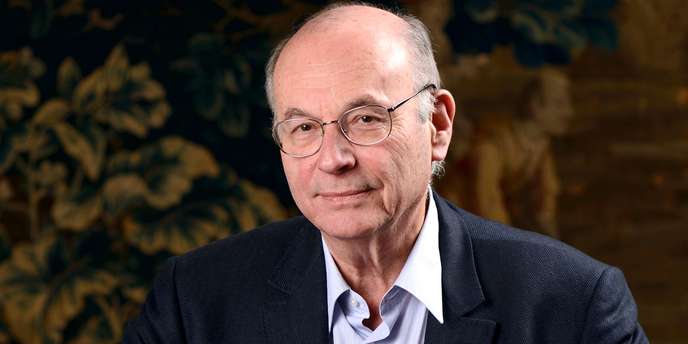
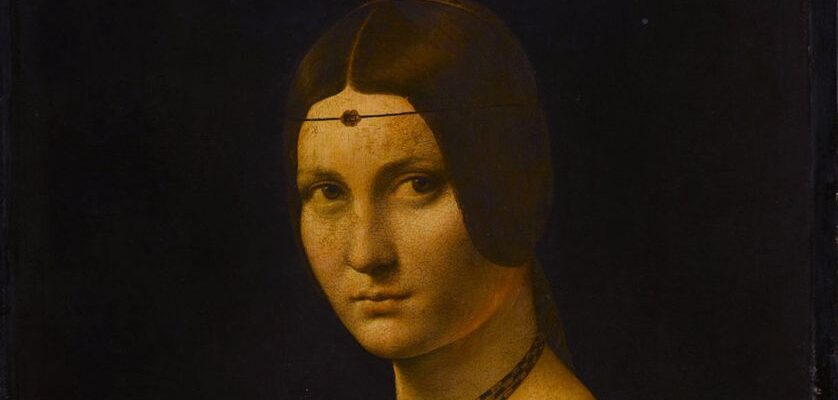





Social Profiles